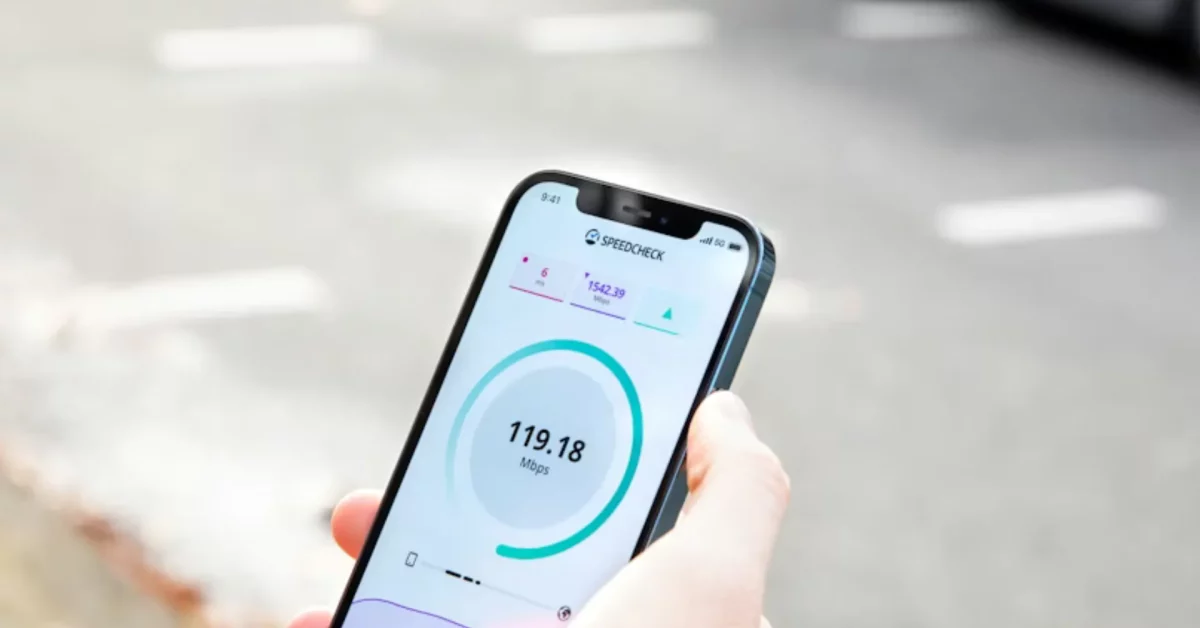
Smart Homes: Achievable on a Budget
November 14, 2024
How to Launch a SaaS Product
November 26, 2024Using CRM’s for Small Businesses
Navigating and using a CRM that suites the need for businesses is essential for growth of a business.
CRM is customer relationship management software that marketers can use to understand audience data.
When data is collected, the CRM can track information across every touch point, this includes engagement with marketing campaigns, integrating with customer support and can also track buying patterns.
This can help the business better cater to the needs of the customers and build better relationships with them. CRM software for small businesses replaces the multitude of spreadsheets, databases and apps that many businesses patch together to track client data.
A CRM connects all the data from your sales leads and customers into one place.
Here is what a CRM Software can do:
– Acts as a single unified source of customer data
– Customer behaviour tracking
– Sales forecasting
– Field sales management
– Campaign management
– Offer a more efficient and automated customer support system
– Workflow automation
Here is a list of CRM’s suitable for small businesses:
– Vtiger: For all-in-one solution
– Flowlu: For an affordable all in one solution
– Zoho CRM: For scaling your business
– Hubspot: For building a content-rich business website
– Capsule: For managing projects
– Freshsales For simple CRM for small business
– Folk: For simple, ultra personalised emails
– Kommo: For multi-channel sales
– Salesmater: For phone and SMS outreach
– NetHunt: For managing your Gmail inbox
– Zapier: For building your own automation first CRM9
Benefits of using CRM for a small business:
Improved Customer Relationship
Since CRM platforms store customer details and contact information like names, contact numbers and addresses, this can help keep the customer data organised. Sales teams can contact the relevant individuals through the appropriate lists, and the marekitng team can use it to assess the impact of the current campaign.
Streamlined sales processes
Using a CRM can help a team close deal rather than focus on the admin. The team can generate, track and assign leads.
Targeted marketing efforts
A CRM can help manage and automate marketing campaigns, provide insights into a customer’s journey, and monitor social media campaigns.
Personalised customer service
CRM’s are great for personalising customer service. Since customer information is all stored on one platform, marketers and salespeople can quickly see what and how customers have interacted with their content and company in the past. This can help address potential issues before they become purchase problems.
Detailed Analytics
CRM software typically has built in analytic capabilities to contextualise data, breaking it down into actionable items and metrics that are easily understood. Metrics such as click through rates, bounce rates and demographic information allows you to judge the success of a marketing campaign and optimise accordingly.
Streamline internal communications
Besides facilitating communication between your business and your customers, a CRM can make it easier for your employees to communicate with each other. The platform can help your team maintain a unified brand voice, and also allows team members to send each other notes and alerts
So how do you get started?
1. Import your list of contacts and map your fields
2. Add customer fields to capture any new data points you’d like to store for your leads or customers.
3. Categorize your contacts with tags for easy segmentation (website leads, repeat customers, vendors, partners)
4. Add tasks, notes, files and other details to a contact record
5. Create a lead capture form or landing page to collect lead data directly in your CRM
6. Explore additional features that will help you level up your business like Easy Automations, Appointments and email marketing






